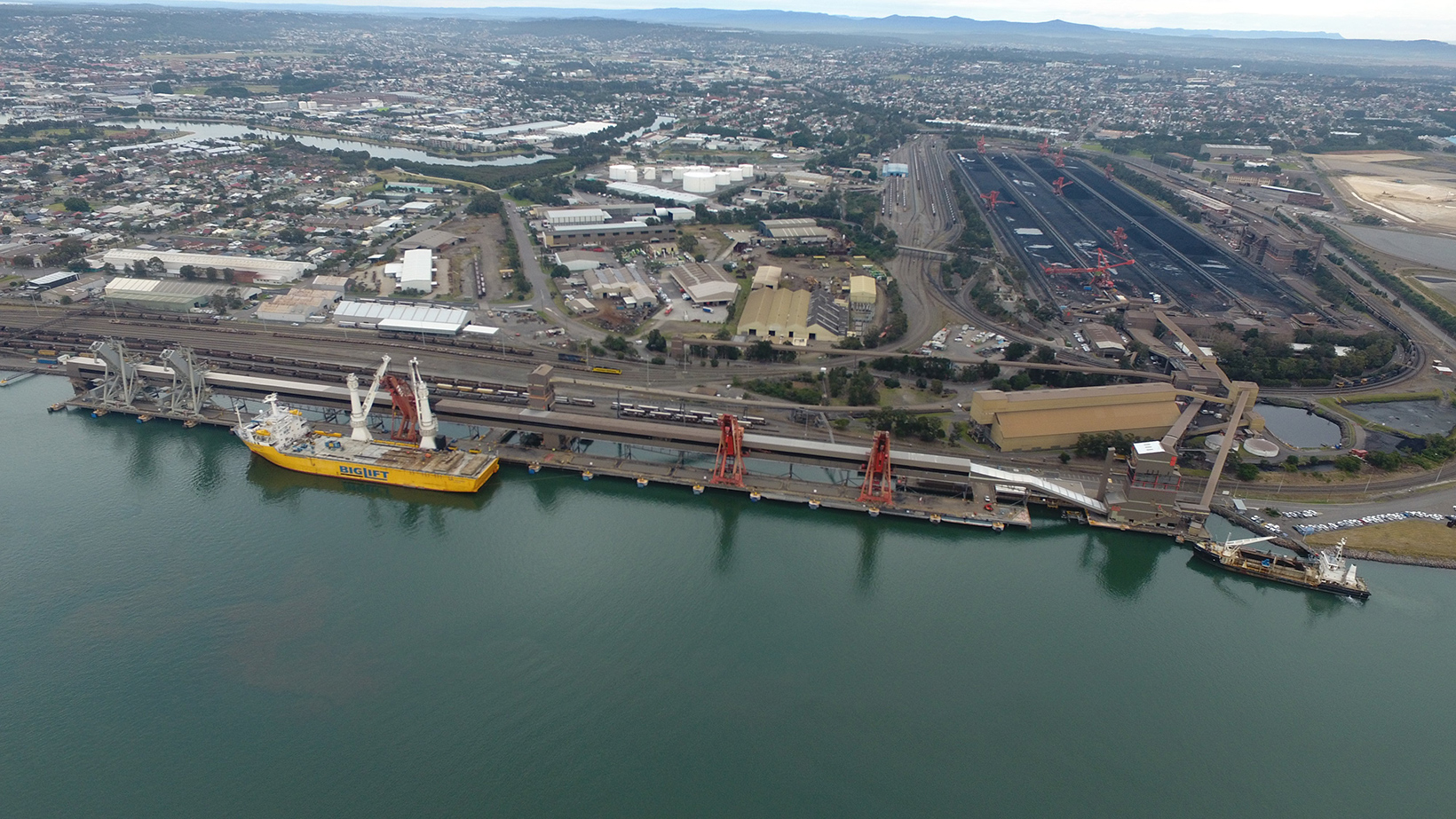Page
Opinion: Greens too quick to write off coal industry
Originally published in The Newcastle Herald.
NSW Minerals Council CEO, Stephen Galilee
LAST week, Greens senator Lee Rhiannon sought to write the Hunter coal industry’s obituary (Herald, 23/5). It was wishful thinking from the senator, although not surprising, considering she has been on the public record calling for the phasing out of the coal industry within 10 years, despite all the economic and social dislocation this would bring.
Her wishful thinking also ignores facts that show that while Hunter coalminers are dealing with short-term challenges, coal has a strong long-term future in NSW, including in the Hunter.
Everyone knows the Hunter coal industry is going through tough times. The global oversupply of coal has seen prices fall, creating significant pressure for our Hunter mines. This has been compounded by a stubbornly high Australian dollar, with the exchange rate reducing the return local coalminers receive from sales on global markets.
Like other businesses that experience a drop in sales margins, miners have responded by reducing costs and improving productivity.
The impact has been felt right across the Hunter. Over the past 12 months, we’ve seen more than 1000 job losses in mining in the Hunter alone; the flow-on effect has seen job losses in other businesses that engage the local mining industry.
The president of the Singleton Business Chamber, Ryan Fitzpatrick, recently commented that when mining slows in the Upper Hunter, ‘the impact is felt from Singleton to the coast’.
While the industry works through this, government policies are making these tough times tougher. We can’t control commodity prices or global exchange rates from NSW, but state and federal governments can take steps to ease the pressure.
At a federal level, the carbon tax should be repealed. It’s a tax on economic activity and therefore, a tax on jobs. It pushes up the cost of energy, a direct and significant business input.
The mining tax should also be abolished, as it represents an attack on our state’s biggest export industry. This tax compounds the impact of the carbon tax, scaring away mining investment. That means lost job opportunities for Hunter workers and lost trading opportunities for local businesses.
At a state level, the NSW planning system must be fixed. It’s broken and it’s costing jobs. The NSW government has tried to introduce a new planning system but has been blocked by Labor and the Greens. This is reckless politics and risks our economic future. We need a planning system that attracts more investment, not less.
Yet, even during these tough times, bright spots remain. Hunter coal production continues to increase and some miners are seeking to extend the life of their operations, including at Bulga, Mount Thorley-Warkworth and Drayton South. A major new mine will soon be in production at Maules Creek, providing 475 ongoing jobs and Shenhua’s new Watermark project is also going through the approvals process.
Globally, the demand for coal continues to increase, not fall, as Senator Rhiannon claims. NSW coal exports to all our major customers are growing. Data released by Coal Services Pty Ltd reveals that coal exported to China increased by more than 30 per cent in 2012-13, bringing the total volume of NSW coal exported to China in 2012-13 to almost 31 million tonnes.
The Chinese demand for NSW coal has had significant growth over the past five years. In 2007-08, only 1.1 per cent of NSW coal exports were going to China. China now accounts for almost 20 per cent of all NSW coal exports, second only to Japan. China’s move towards cleaner-burning coal is likely to see this trend continue.
Similarly, demand for NSW coal in Japan rose by 12 per cent in 2012-13, demand in Korea rose 19.6 per cent and in Taiwan, demand rose by 6.5 per cent.
Over the longer term, the International Energy Agency predicts total global coal use will be 17 per cent higher in 2035, with coal-fired electricity supplying about 75 per cent of the world’s energy needs.
The Hunter has some of the best coal deposits in the world, good access to rail and port infrastructure, a world-class mining workforce with a long history of innovative mining practices and strong, long-term demand for Hunter coal from customers in some of the biggest economies in the world. Short-term challenges remain but the long-term future is bright. Sorry, Senator Rhiannon, but the miners of the Hunter are going to be here for a long time yet.

